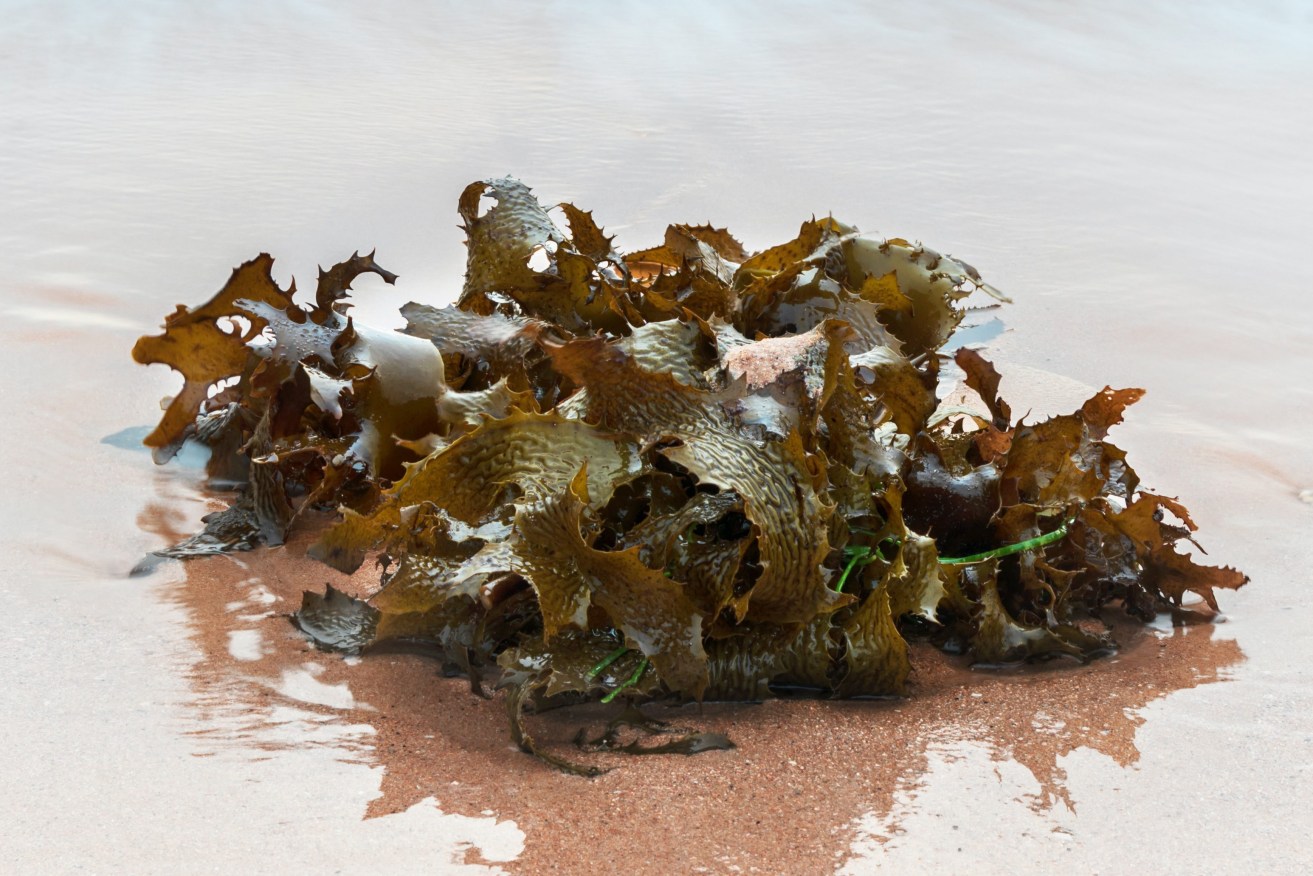Eat your greens: Seaweed’s huge potential examined
Huge swathes of ocean seaweed farms across the globe could help feed the planet while reducing agricultural greenhouse gas emissions, with Australia identified as having huge potential.

An Australian-led global study found seaweed farmed in the ocean could help reduce the demand for terrestrial crops and reduce biodiversity loss, while removing up to 2.6 billion tonnes of carbon dioxide equivalent from the atmosphere a year.
“The potential is massive, it’s a huge ocean,” said the University of Queensland’s Scott Spillias who led the research.
“Farming more seaweed in the ocean can contribute to lessening the pressures on terrestrial biodiversity, but the trade off is probably going to come with impacts to marine biodiversity,” the PhD Candidate said.
The scientists estimated the environmental benefits of a range of scenarios based on land-use changes, emissions, water and fertiliser use, and projected changes in species presence by 2050.
By integrating seaweed into ten per cent of human diets and livestock feeds as well as half of all biofuel production the researchers found that global agricultural land could be reduced by 150 million hectares.
Most of that comes from a change in human consumption.
“In one scenario where we substituted 10 per cent of human diets globally with seaweed products, the development of 110 million hectares of land for farming could be prevented,” said Spillias.
The research found up to a third of the oceans could support seaweed farming, while around two per cent or 650 million hectares, were suitable due to things like access to ports, with Indonesia and Australia having the biggest share.
“Australia also has a huge, exclusive economic zone, so we just have a lot of ocean space,” Spillias said.
The study mapped the potential of farming more of the 34 commercially important seaweed species using the Global Biosphere Management Model.
But it didn’t examine what the biodiversity impacts or carbon emissions would be in the ocean if the seaweed farms were set up.
“We don’t look at what the biodiversity impacts in the ocean would be or what the carbon emissions would be in the ocean …so on the whole we haven’t actually shown that it’s carbon beneficial,” he said.
UQ study collaborator Professor Eve McDonald-Madden said the seaweed solution would have to be carried out with care, to avoid displacing problems from the land to the ocean.
“Our study points out what could be done to address some of the mounting problems of global sustainability facing us, but it can’t be implemented without exercising extreme caution,” she said.
The researchers are examining that in a separate study.
The research which included collaboration from the International Institute for Applied Systems Analysis, CSIRO and the University of Tasmania is published in Nature Sustainability.












